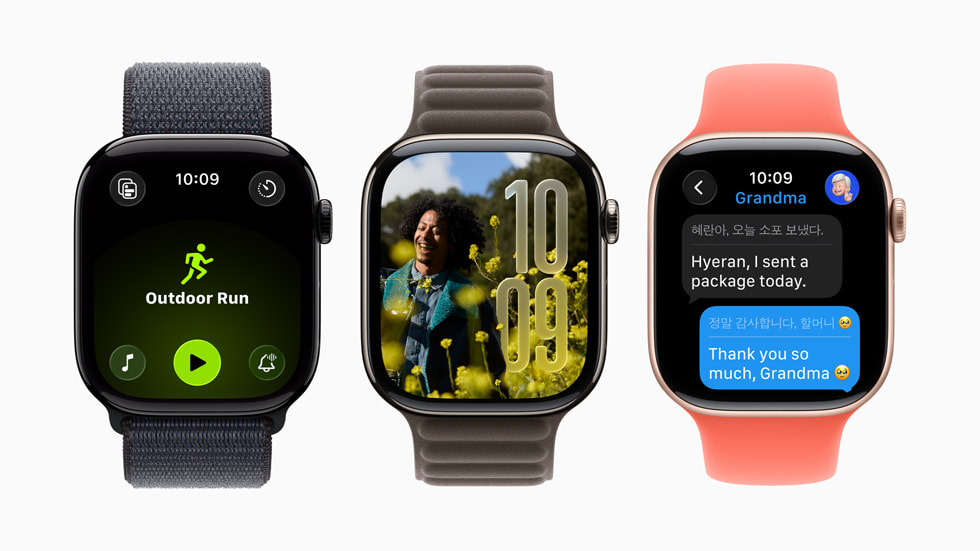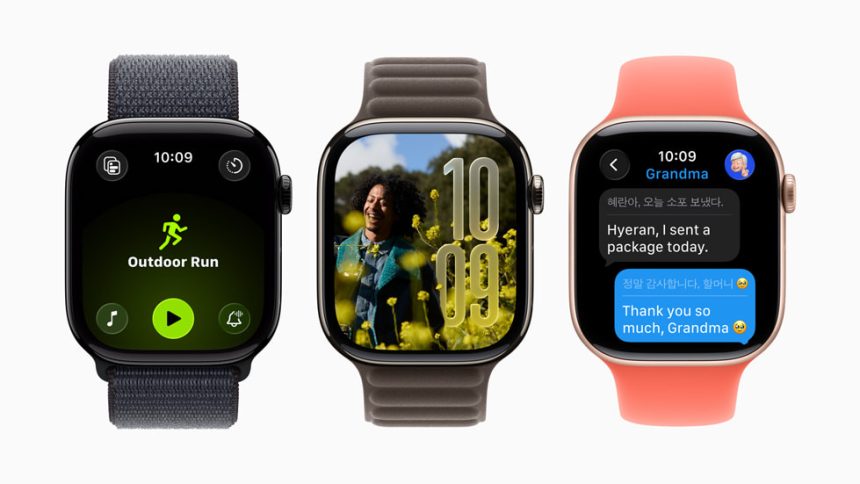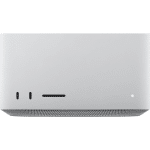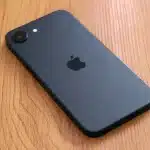Apple has opened the doors to one of its most secretive facilities: the Apple Watch testing labs. Located near the company’s headquarters, the labs use high-tech chambers to ensure the smartwatch works in any environment — from crowded cities to remote mountains, and even outer space.
Three Specialized Chambers
CNET’s Vanessa Hand Orellana toured the facility and described three rooms where engineers push the Apple Watch to its limits.

The first is a radio anechoic chamber. Lined with blue foam spikes, it blocks outside signals and lets engineers test how the Apple Watch transmits across cellular and Wi-Fi bands. In this chamber, the device mounts on a mock arm while antennas measure every signal detail.
The second chamber examines how the human body interferes with connectivity. A live tester sits in a rotating chair as engineers track how skin and tissue absorb signals. This test proved crucial for the Apple Watch Ultra 3, which now includes a directional antenna that connects with satellites orbiting Earth at incredible speeds.
The third chamber simulates global navigation. Engineers use antennas to fool the watch into thinking it’s in places like Alaska’s Denali National Park. This allows them to refine GPS accuracy, a feature essential for emergency services and outdoor adventurers.
The Build-Break-Repeat Cycle
Apple’s approach is relentless. Engineers design, test, and deliberately break prototypes before rebuilding them. This cycle can last up to a year, covering every stage of development from early concepts to production-ready models.
Each Apple Watch undergoes this rigorous process, which explains why the device remains the best-selling smartwatch in the United States and continues to attract a global audience.
Why It Matters
Accurate connectivity and reliable emergency features can save lives. By investing in these hidden labs, Apple ensures that its watches aren’t just stylish but also dependable in the most extreme conditions.












